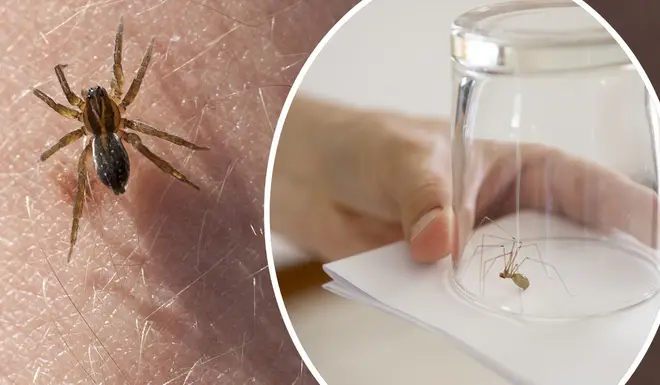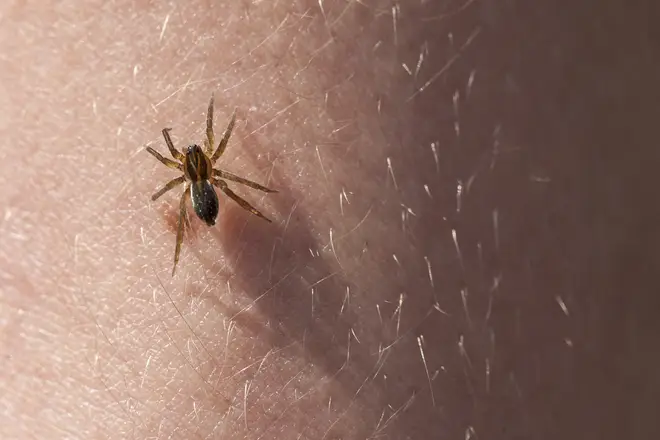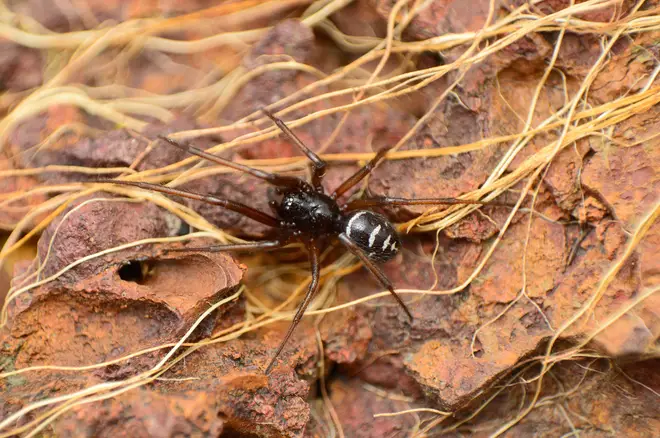Spiders in the UK: What species do we have and are they poisonous?
18 September 2019, 12:47

As spider season continues in the UK, we take a look at the spiders you’re probably seeing around your house.
Spider season is in full swing, with the arachnids more active than ever as they search for a mate.
People across the UK have reported a huge amount of sightings of the creepy crawling in their homes, as they look for hacks to rid their houses of the creepy crawlies.
READ MORE: British man lures humongous spider with green fangs for hole outside his office
There are 650 different species of spider in the UK, and all of them can bite.
But are any of these poisonous? And which spider species live in the UK?

How many species of spider do we have in the UK?
There are 650 different species of spider in the UK, however, these are the 10 spiders you’re most likely to spot in your house:
1) Giant house spider
2) Zebra Jumping Spider
3) Cupboard Spider
4) Daddy Long Legs
5) Money Spider
6) Lace Web Spider
7) Missing Sector Orb
8) False Widow Spider
9) Cardinal Spider
10) Tube Web Spiders

Are any UK spiders poisonous?
There are only three species of spider in the UK that can bite a human – these are the cellar spider, the woodlouse spider and the false widow spider.
No UK spiders are poisonous and there are no killer spiders living in the UK, however, their bites can be nasty and cause hours of pain for the victim.
The Natural History Museum explains that while there are reports of false widow bites with “more sinister symptoms” like “rotting flesh and excruciating pain”, these are "usually not backed up with formal spider identification".
They explain: “The extreme side effects experienced are most likely the result of a secondary infection, likely bacterial, if the wound is not kept clean.”
READ MORE: A 'miracle' 99p Home Bargains spray promises to repel spiders from your home


































